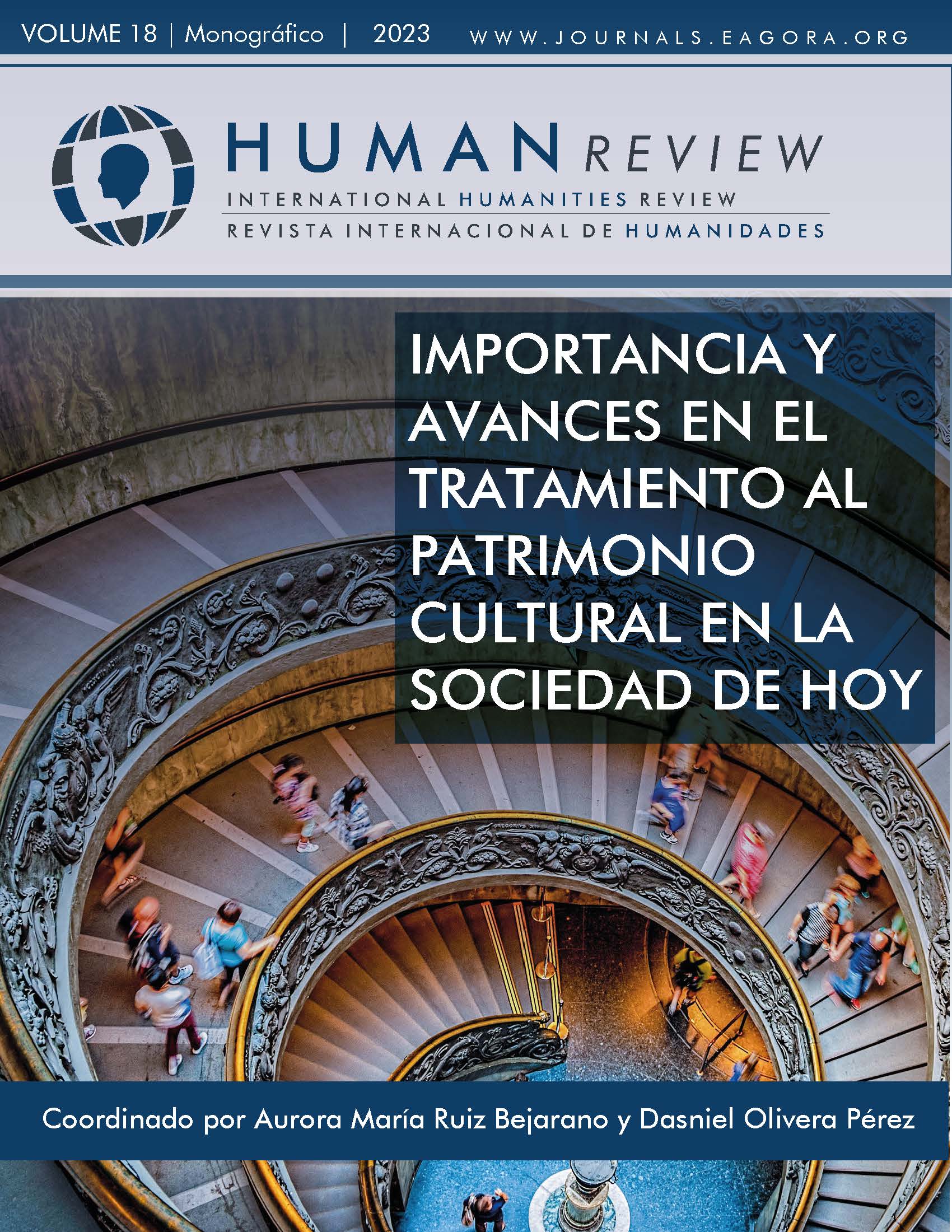Schnapps of the stubble
Memory and identity in Viotá - Cundinamarca
DOI:
https://doi.org/10.37467/revhuman.v18.4871Keywords:
Cultural heritage, Cultural identity, Collective memory, Resistance to oppression, Alcoholic beverages, PeasantryAbstract
This paper aims to understand the meanings of sociocultural practices in the peasant production of Schnapps of the stubblein the municipality of Viotá, province of Tequendama in Cundinamarca, Colombia. It is an ethnography that is achieved through the collection of different experiences and narratives about liquor production in the region. Its practices are considered intangible cultural heritage, arising from the coexistence of knowledge built within the framework of the history of the first emancipation, civil wars and agrarian struggles, which give foundation to memory and peasant identity.
References
Díaz, R. A. (1996). La manumisión de los esclavos o la parodia de la libertad santafe de bogotá, 1700-1750. Anuario Colombiano de Historia Social y de la Cultura, 23, 49-72.
Fornet-Betancourt, R. (2003). Interculturalidad: Asignatura pendiente de la filosofía latinoamericana. Erasmus: Revista para el diálogo intercultural, 5(1), 11.
Godoy, R. (1960). Soy colombiano [Análogo recorded by R. Silva & Á. Villalba]. https://www.youtube.com/watch?v=DXLmNXJxoKA
Habermas, J. (2000). Ensayos políticos. Ediciones Península.
Márquez, G. (2001). De la abundancia a la escasez: La transformación de ecosistemas en Colombia. En Naturaleza en disputa. Ensayos de historia ambiental en Colombia 1850-1995. Universidad Nacional de Colombia. https://repositorio.unal.edu.co/handle/unal/52463
Merchan, V. J. (1975). Datos para la Historia Social, Económica y del Movimiento Agrario de Viota y del Tequendama“ en Revista Estudios Marxistas, 9, 105-116.
Merino, I. C. (2019). Patrimonio cultural inmaterial y bienes comunes. ¿Nuevos derechos de propiedad intelectual? Derecho global. Estudios sobre derecho y justicia, 4(12), 41-60.
Restrepo, J. C. (2019, octubre 1). La renta del aguardiente: De estanco colonial a monopolio republicano. El Tiempo. https://www.eltiempo.com/opinion/columnistas/la-columna-bicentenaria/la-renta-del-aguardiente-de-estanco-colonial-a-monopolio-republicano-la-columna-bicentenaria-418598
Sánchez, M. J., Fernández, M., & Diaz, J. C. (2021). Técnicas e instrumentos de recolección de información: Análisis y procesamiento realizado por el investigador cualitativo. Revista Científica UISRAEL, 8(1), 107-121. https://doi.org/10.35290/rcui.v8n1.2021.400
UNESCO. (2016, enero 5). Patrimonio Cultural Inmaterial [Institucional]. UNESCO. https://es.unesco.org/themes/patrimonio-cultural-inmaterial
Valles, M. S. (1999). Técnicas cualitativas de investigación social: Reflexión metodológica y práctica profesional. Síntesis.
Vasilachis, I. de G. (2006). La investigación cualitativa. En Estrategias de investigación cualitativa. pp. 23-64 Gedisa Ed.
Villar, J. C., Espinosa, C., Lugo, C., Ramírez, M., Carrillo, M., Montaño, C., Dorado, D., Rodriguez, J., & Campo, J. (2020). Estudios Económicos Sectoriales Caracterización del mercado de licores en Colombia: Evidencia para el periodo 2016-2019. Grupo de Estudios Económicos - SIC. https://www.sic.gov.co/sites/default/files/files/2020/ES%20Licores%202020.pdf
Downloads
Published
How to Cite
Issue
Section
License
Those authors who publish in this journal accept the following terms:
- Authors will keep the moral right of the work and they will transfer the commercial rights.
- After 1 year from publication, the work shall thereafter be open access online on our website, but will retain copyright.
- In the event that the authors wish to assign an Creative Commons (CC) license, they may request it by writing to publishing@eagora.org









